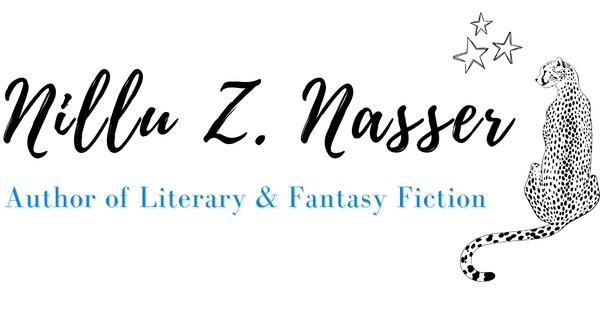 Photo by Bethan Phillips
Photo by Bethan Phillips
One of the mysteries of writing is how our processes evolve. We try our hand at different techniques until we find one that fits best. Distilled down to simple binary choices: plotting or pantsing, laptop or notebook, cafe or home, desk or lap, pant or pantless.
Starting a blog was central to toughening up my mindset. In the early days, I thought more about writing than I actually wrote. I wrestled with doubt. I fussed more over my environment than the words on the page. The regularity of blogging led to familiarity with facing the blank page and having my words read by people other than me. Today, I don’t worry about how many hits I get on this blog. It is first and foremost proof to myself that I can turn out words regularly despite dry patches, despite fear.

Photo by Artful Magpie
Once I no longer resisted the act of sitting down to write, came committing to story ideas, tentative attempts at plotting, and finally, finishing stories. That was a big one, followed by showing work to critique partners. I no longer considered myself a beginner. It helped to realise that writing is not a sprint, but a marathon. We percolate like coffee beans in a mug full of hot water. Our understanding of the craft continually evolves, like the stretching and twisting of a wormhole in space. Patience and resilience: those are the real game changers.
What I am only just realising is how much trust is involved in the creative process from start to finish. Not just the myriad of choices you make as you write your draft – story idea, conflict, setting, pacing, character flaws and goals, which scenes stay – but also the decisions after the draft is complete: who you trust to give you feedback, where you publish your work, who you collaborate with. And the big question, how do you know your story is as good as it can be, that you will be as proud of it in five years as you are now?
You prepare, of course. You fix inconsistencies, awkward phrasing and make sure your research stands up. You read your manuscript until you are sick of it. You tinker with your work, carving out your themes like a master carpenter. You no longer balk at the thought of others reading it. You ask the opinion of trusted readers, and where there is consensus about a failing, you fix it.

Photo by Eddi van W.
At some point you have to trust yourself. You have to chance it. Da Vinci (the origin of this quote is disputed) said it best: ’Art is never finished, only abandoned.’ There is nothing for it but to draw a line and say goodbye to a project you have invested a part of yourself in. And if luck goes your way, one day it will no longer belong just to you, but to your readers too.
I’ve decided perfectionism is not your friend. It’s so easy to invest too much in this first novel, to think that this book is everything, when it is a small leg of the journey. A first novel is special, yes, but it’s also a building block. Sometimes I forget that. Don’t waste years trying to get your manuscript from 85 to 100 per cent. You might be able to see the difference, but the impact on your readers is unlikely to be significantly different.
Besides, as time goes on, our learning deepens, our skills improve. Your future self may still cringe at what you are proud of today. What is more, tastes change. What may set you into a whirl of ecstasy today, may not rouse your passion in the same way tomorrow. Better to move on. The world is full of magic and despair. There are other stories waiting for you.
